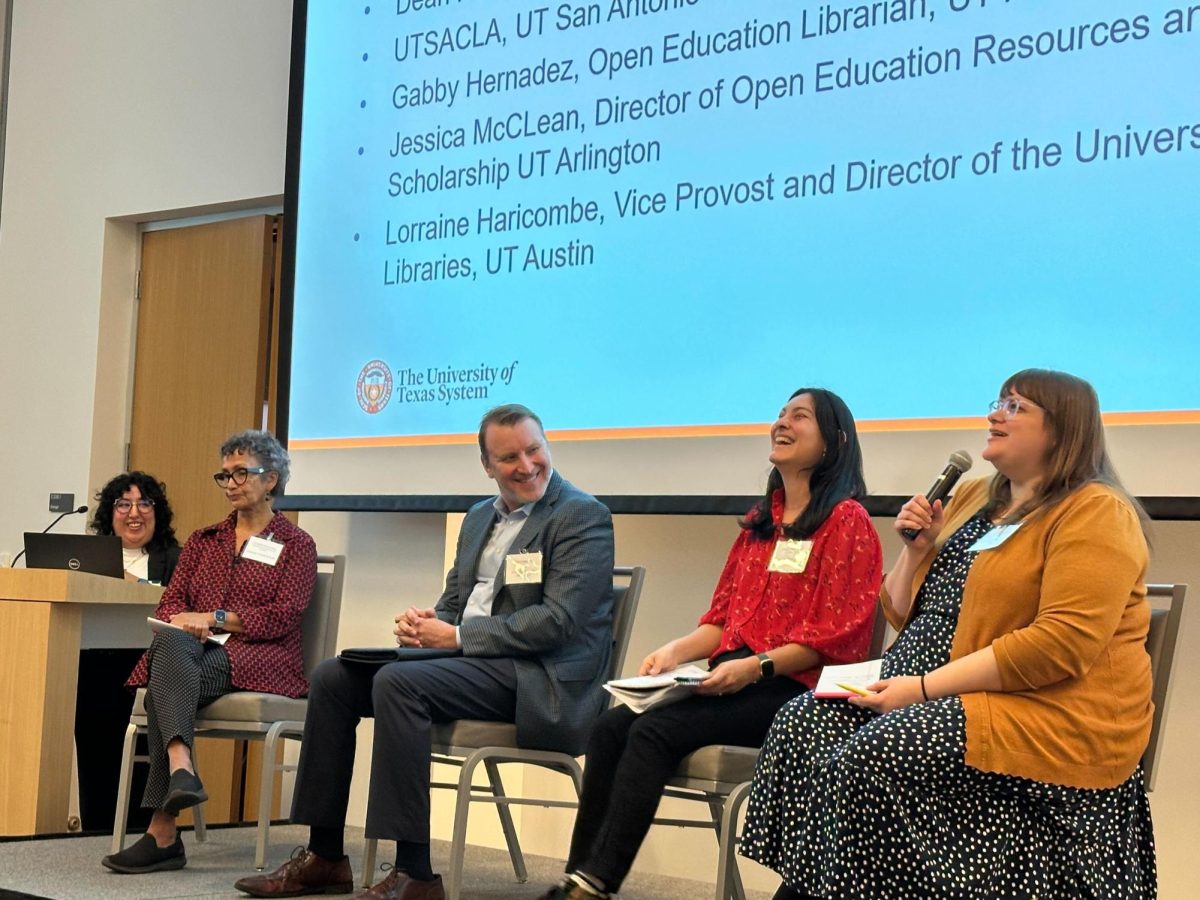Chancellor James Milliken asked the UT Board of Regents last month to increase funds for the Science and Technology Acquisition and Retention (STARs) program.
Established in 2004, the STARs program helps attract and retain high-achieving faculty to UT System institutions. While no action was taken on the proposal to nearly double STARs funding from $35,000 to $60,000, Milliken said he would request further input from institution presidents before coming back to the board for further discussion.
“There’s just no question about whether we want to continue STARs,” Milliken said at a meeting with the regents. “The only issue is … should it be larger than it is today? If it has had that much of an impact on our institutions, perhaps there should be more support devoted to it.”
At UT, STARs funding has helped recruit several professors, including environmental engineering professor Charles Werth, whose research involves removing pollutants from water. Werth said his STARs funding went toward renovating the 30-year-old lab spaces he works in.
“They completely gutted and renovated that lab to bring it to modern specs and make it a really nice space that is attractive to students when we’re trying to recruit them,” Werth said.
Werth said his funding also went toward state-of-the-art equipment, which benefits the entire department.
“It not only benefits my students and myself but many students within … engineering and their faculty mentors, so it was really a wonderful resource to have to advance these facilities,” Werth said.
Chemical engineering professor Joan Brennecke said without the STARs program funding her lab, she would not be teaching at UT.
“Having access to these great new labs and the new equipment that I have in my labs here is one of the exciting reasons to come to the University of Texas,” Brennecke said.
Brennecke said the opportunities to use new equipment attracts undergraduate and graduate students to the University, too.
“We have some of the best (students) in the country, and facilities like what I have in my lab because of STARs is an important part of that,” Brennecke said.
Milliken said his suggestion to nearly double STARs funding was in response to institutions’ need to continue attracting talented professors to their universities.
“This is not a system initiative,” Milliken said. “This is a response to their needs, and it’s the job of this board and the system administration to help balance those with the help of our presidents.”




















